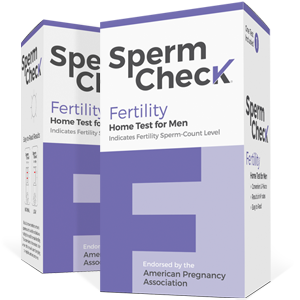
If you’re wondering “how long does sperm live in the body?” you’re not alone. Understanding the lifespan of sperm is essential for couples who are trying to conceive. In this guide, we’ll cover everything you need to know about how long sperm can survive inside the female body.
Location Matters: Sperm Survival Outside and Inside the Body
The lifespan of sperm depends on its location. On dry surfaces such as clothing or bedding, sperm typically die within minutes to hours after ejaculation. However, inside the female reproductive tract, sperm can survive for up to five days. Although the chances of pregnancy decrease the longer sperm remain inside the body, there is still a chance of conception if intercourse occurs several days before ovulation.
Timing Is Crucial: Fertile Window and Sperm Survival
Timing is crucial for maximizing the chances of conception. The fertile window—the time during which a woman is most likely to conceive—is typically a few days before and after ovulation. During this period, hormonal changes in the female body create an environment that’s more conducive to sperm survival and movement.
Research suggests that healthy sperm can survive in the female reproductive tract for up to three days on average. However, in some cases, sperm can survive for up to five days, which means there is a chance of pregnancy if intercourse occurs several days before ovulation (1).
Cervical Mucus Can Help Sperm Survive
Cervical mucus plays an essential role in sperm survival. During the menstrual cycle, cervical mucus changes in texture and consistency, affecting the survival of sperm. At the beginning of the cycle, cervical mucus is thick and opaque, which can make it difficult for sperm to reach the egg. However, as ovulation approaches, cervical mucus becomes thinner and more stretchy, creating an environment that’s easier for sperm to navigate(2). The composition of cervical mucus can also protect sperm from drying out, prolonging their lifespan inside the female reproductive tract.
Sperm Count: Is Yours High Enough?
If you’re trying to conceive, it’s important to make sure your sperm count is high enough to be fertile. One way to do this is by using a home fertility test kit like SpermCheck. This kit measures the concentration of sperm in your semen and gives you a quick and easy-to-read result. If your sperm count is low, don’t panic – there are many things you can do to boost your fertility, such as eating a healthy diet, reducing stress, and avoiding tobacco and drugs. By taking steps to improve your sperm health, you can increase your chances of conceiving and starting a family.
In conclusion, understanding how long sperm can survive inside the female body is crucial for couples who are trying to conceive. By paying attention to the fertile window, cervical mucus changes, and other factors that affect sperm survival, you can increase your chances of conceiving and bringing a new life into the world.
Struggling with infertility and need answers?
An at-home sperm test from SpermCheck can help you know your sperm levels and discover the best next step in your fertility journey. Order your SpermCheck Fertility test today.




